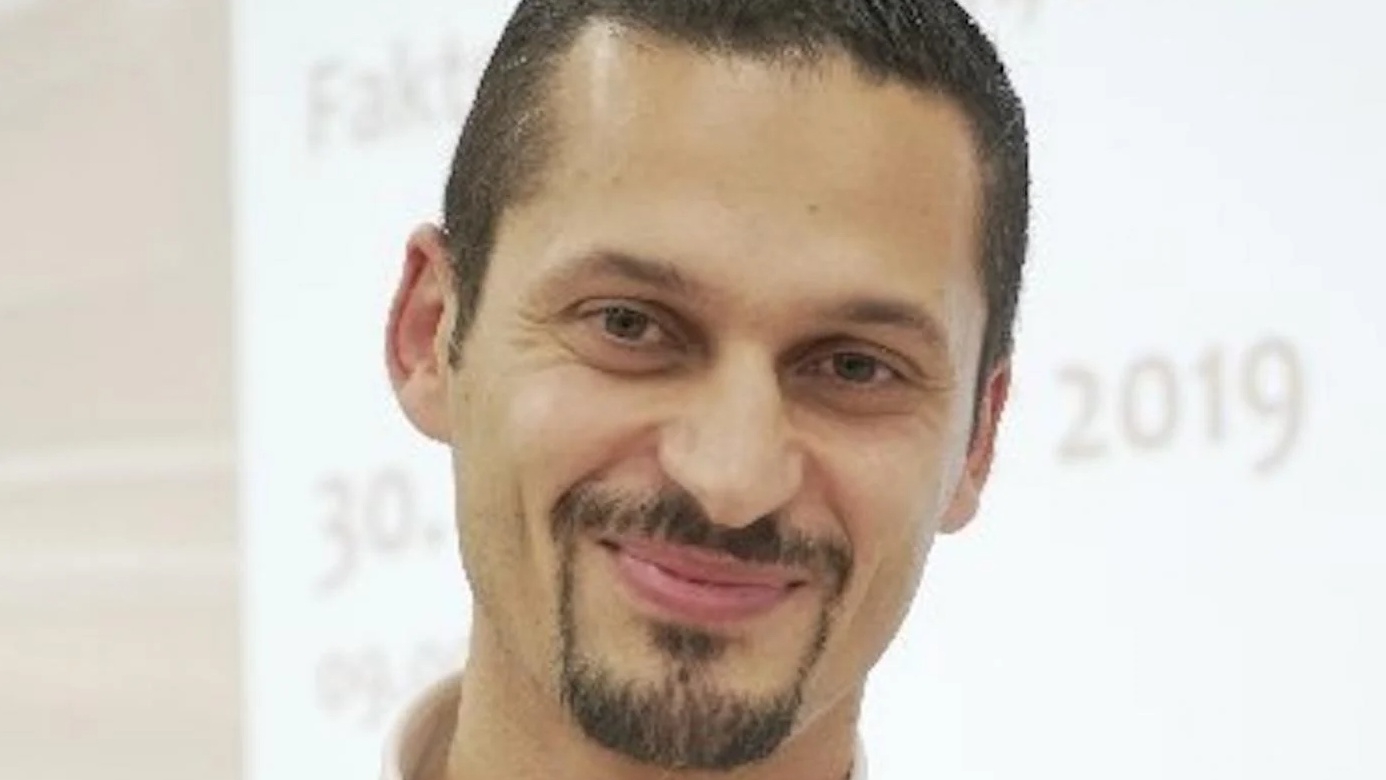Austria drops 'terror' charges against Muslim academic

Austria has dropped "terrorism" charges against Austrian academic Farid Hafez this week, more than two years after his home was raided by authorities and his assets were frozen.
A 10-page decision released on Tuesday by the Higher Regional Court of Graz, Austria's second-largest city, stated that "there is no further legal action against this decision", as reported by Die Presse, a German-language newspaper in Austria. It added that there was no evidence provided in the allegations brought against Hafez.
"After 791 days of legal persecution, traumatized kids, sleep deprivation, closed bank accounts & assets, & exodus to the United States, the Higher Court has ruled that investigation of terrorism allegations against me was false," the political scientist said on Twitter.
Hafez, who was a professor at the University of Salzburg, detailed in a video and a series of posts on Twitter how his house had been raided early on the morning of 9 November 2020, with police pointing guns at him and his family.
His apartment was one of around 60 homes of Muslim activists and academics raided in November 2020, in what Austria's interior minister called "Operation Luxor".
The search warrant used by police also accused him of supporting the toppling of Egyptian President Abdel Fattah el-Sisi.
Hafez said he was asked a number of questions by police about his attitude to Islamophobia and Islam in Austria, as well as questions about his family's hobbies and behaviour.
In 2021, he said that his assets and bank account were frozen.
In an interview with Al Jazeera on Wednesday, the academic said he was relieved to no longer be living in "limbo".
“I never knew if the judges would go ahead and really file charges, which I did not believe [they would] at any point in time,” he said. “But I could also not believe that such a raid could happen.”
Hafez, who is now a professor at Williams College in the US, is best known for an annual report on European Islamophobia and is one of the founders of the Austrian Muslim Youth Association.
A documentary film released by Al Jazeera’s in May 2022 examined what happened on 9 November 2020.
Middle East Eye delivers independent and unrivalled coverage and analysis of the Middle East, North Africa and beyond. To learn more about republishing this content and the associated fees, please fill out this form. More about MEE can be found here.





